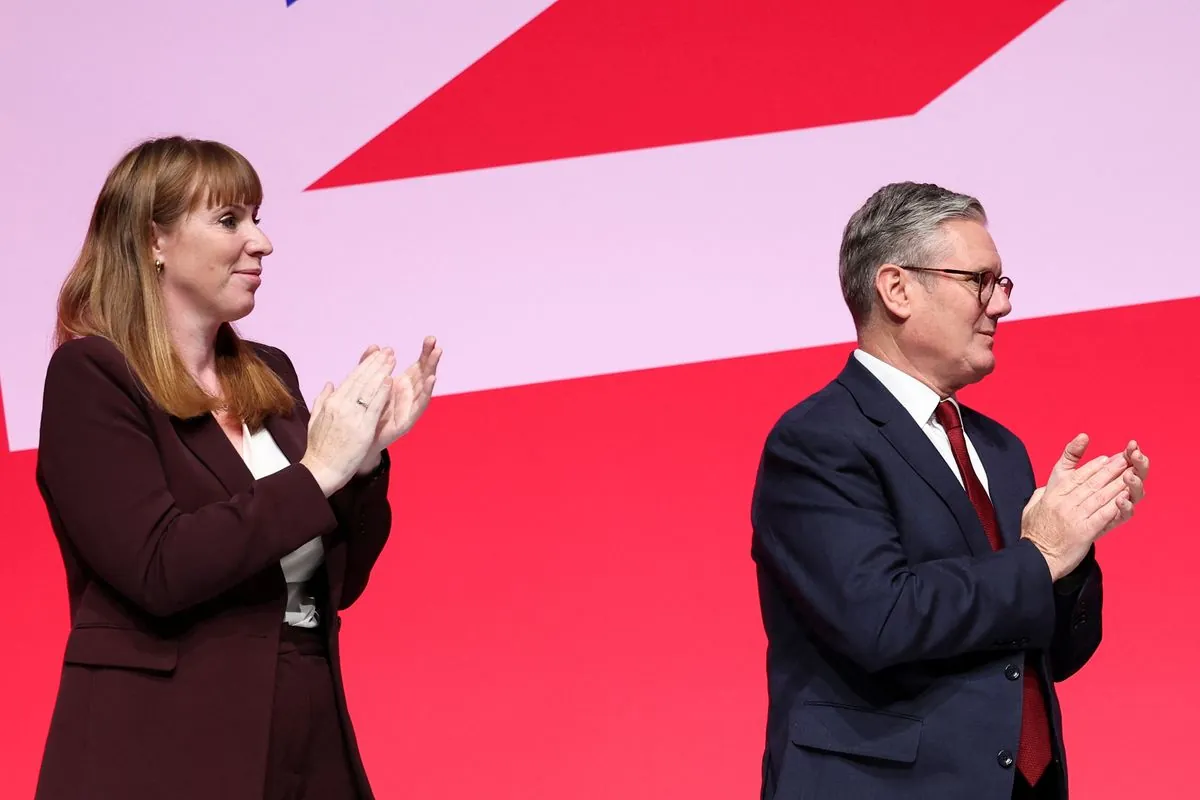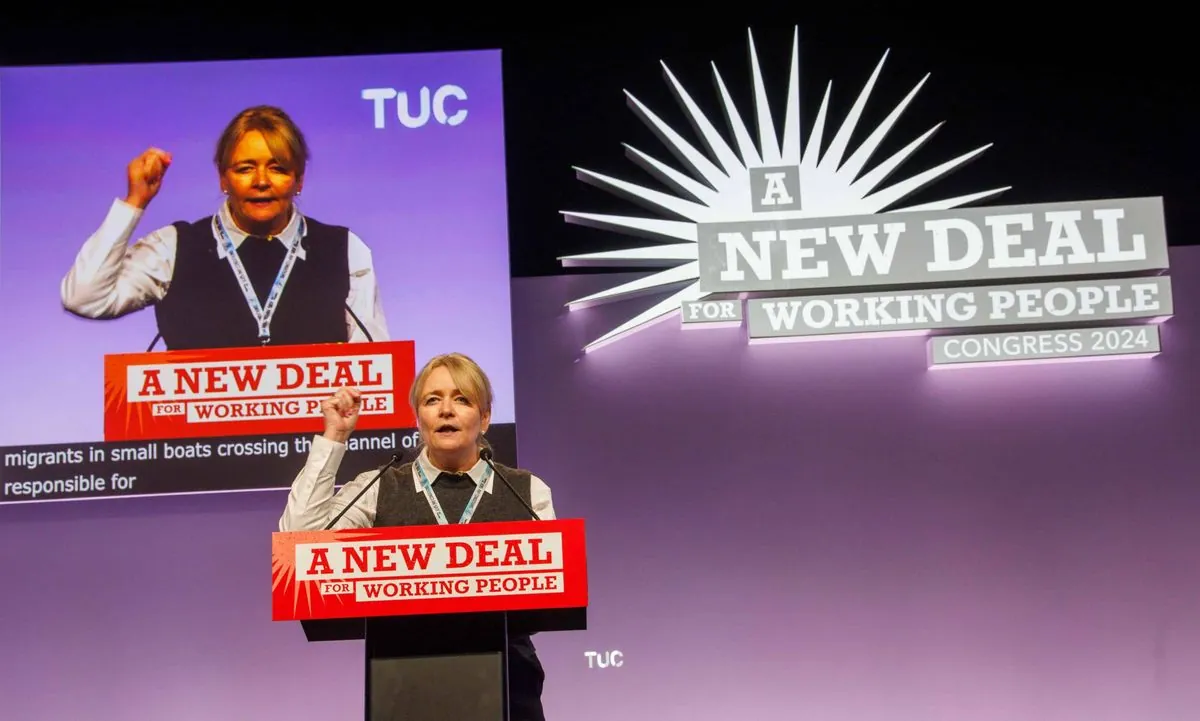Labour Members Oppose Elderly Fuel Payment Cuts, Challenging Starmer's Policy
Labour party members voted against limiting winter fuel payments for the elderly, opposing Prime Minister Keir Starmer's policy. The decision at the annual conference highlights tensions within the party over fiscal policies.

On September 25, 2024, Labour Party members voted against the government's proposal to limit winter fuel payments for the elderly, challenging Prime Minister Keir Starmer's economic strategy. This decision, made at the party's annual conference in Liverpool, underscores the internal tensions within Labour over fiscal policies.
The winter fuel payment, introduced in 1997 to assist older individuals with heating costs, has become a contentious issue. Starmer, who assumed leadership of the Labour Party in April 2020, has supported the cuts, arguing they are necessary for economic growth and fiscal stability. The UK's economy has faced challenges in recent years, with sluggish growth and strained public finances since the 2008 financial crisis.
Sharon Graham, head of Unite, the largest trade union in the UK and Ireland, delivered a passionate speech opposing the cuts. She questioned the decision to reduce support for pensioners while leaving the wealthy untouched, stating:
"This is not what people voted for, it is the wrong decision and it needs to be reversed."
Graham's remarks highlight the historical alignment between trade unions and the Labour Party, a relationship that has evolved over time. The UK's aging population, with over 12 million people aged 65 and over, makes policies affecting the elderly particularly significant.

The debate over winter fuel payments occurs against the backdrop of broader energy challenges in the UK. With approximately 3.2 million households in England affected by fuel poverty, energy policy is crucial not only for social welfare but also for addressing climate change.
Starmer defends his position by citing a £22 billion deficit in public finances allegedly left by the previous Conservative government, which held power from 2010 to 2024. However, this claim is disputed by the Conservatives. The Labour leader's focus on fiscal discipline reflects a shift in the party's economic policies over recent decades.
The controversy at the conference echoes debates from the post-World War II era when the Labour government introduced significant social reforms, including the National Health Service. Some party members argue for a return to bold policy-making, criticizing the current leadership's adherence to fiscal rules as overly restrictive.
As the Labour Party grapples with these internal disagreements, the outcome of this debate may shape the UK's approach to welfare, energy policy, and economic management in the coming years. The tension between fiscal conservatism and social support remains a central challenge for the party as it seeks to balance economic stability with the needs of vulnerable populations.


































